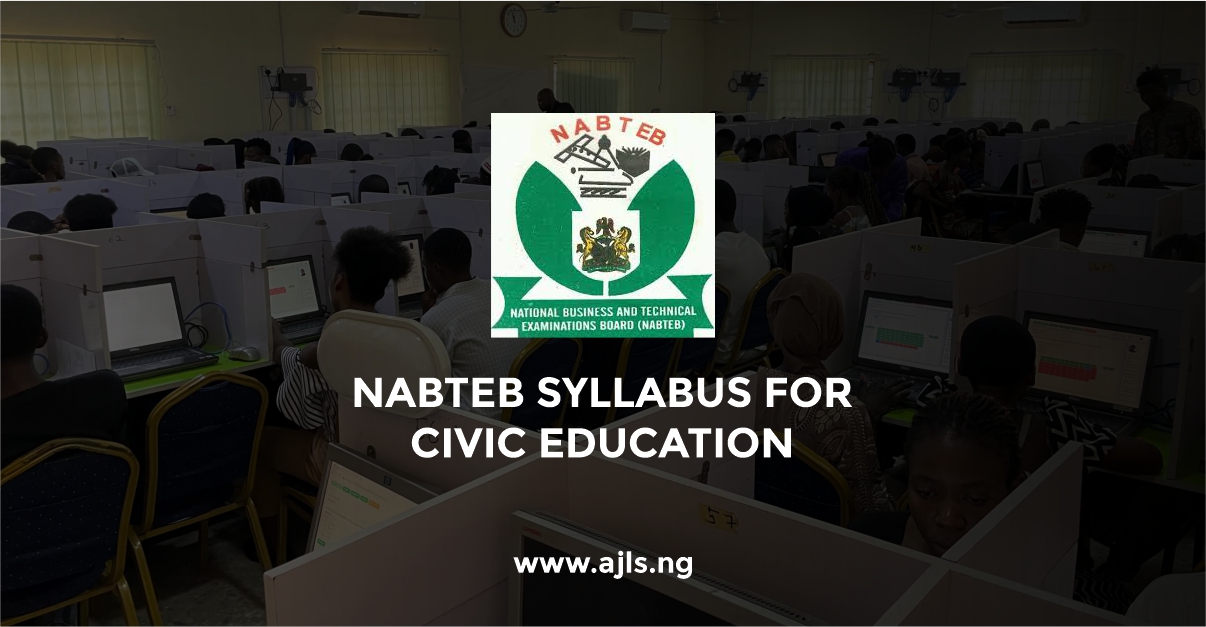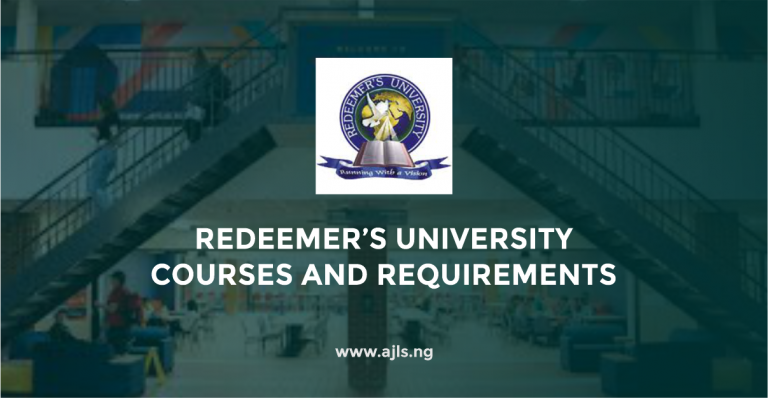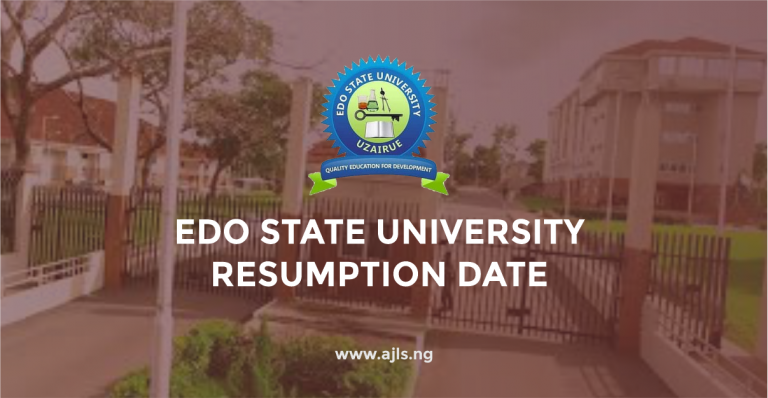NABTEB Syllabus for Civic Education 2025

NABTEB has released the syllabus for Civic Education to guide candidates who will be writing Civic Education in the forthcoming examination.
The NABTEB Syllabus for Civic Education is designed to equip students with a comprehensive understanding of civic responsibilities, societal values, and the structures that govern society. It aims to foster informed, responsible, and active citizenship among students preparing for the National Business and Technical Examinations Board (NABTEB) assessment.
If you are a NABTEB candidate aspiring to write Civic Education, or you are an instructor who teaches candidates how to study and prepare for the examination, this page will help you to have a clearer understanding of the Civic Education topics, aims, objectives, examination structure, possible questions, recommended textbooks, and resource materials. Carefully read the information provided below and get yourself fully equipped with the proper information.
Comprehensive NABTEB Syllabus for Civic Education
The National Business and Technical Examinations Board (NABTEB) Civic Education syllabus is designed to equip students with the knowledge, values, and skills necessary for responsible citizenship and active participation in civic life. Below is a comprehensive overview of the key topics and objectives covered in the NABTEB Syllabus for Civic Education:
Citizenship and National Identity
- Definition and explanation of citizenship.
- Types of citizenship and methods of acquiring them.
- Rights, duties, and obligations of citizens.
- National identity and symbols.
2. Government and Democracy
- Meaning and types of government.
- Functions and structures of government.
- Democracy: definition, principles, and characteristics.
- Rule of law and its importance.
3. Law and Order
- Definition and types of laws.
- Importance of law in society.
- Maintenance of law and order.
- Consequences of lawlessness.
4. Human Rights
- Meaning and types of human rights.
- Fundamental human rights as enshrined in the Nigerian Constitution.
- Limitations to human rights.
- Protection and enforcement of human rights.
5. Values and Social Norms
- Definition and types of values (e.g., honesty, discipline, tolerance).
- Importance of values in society.
- Social norms and their roles in maintaining societal order.
6. Nationalism and Patriotism
- Meaning and significance of nationalism and patriotism.
- Roles of individuals and groups in promoting national unity.
- Challenges to nationalism and patriotism.
7. Civic Responsibilities and Participation
- Meaning of civic responsibilities.
- Examples of civic responsibilities (e.g., voting, obeying laws, paying taxes).
- Importance of active civic participation.
- Ways to participate in civic life.
8. Youth Empowerment and Development
- Definition and importance of youth empowerment.
- Skills acquisition and entrepreneurship.
- Roles of youth in national development.
- Government and non-governmental programs for youth development.
9. Social Issues and Challenges
- Cultism: meaning, causes, effects, and solutions.
- Drug abuse: meaning, causes, effects, and prevention.
- Human trafficking: meaning, causes, effects, and prevention.
- Corruption: meaning, types, effects, and anti-corruption measures.
10. Interpersonal Relationships and Conflict Resolution
- Meaning and types of interpersonal relationships.
- Communication skills and their importance.
- Causes and effects of conflicts.
- Methods of conflict resolution and peacebuilding.
Examination Structure
The NABTEB Civic Education examination is structured to assess candidates’ understanding of civic responsibilities, national values, and societal issues. The examination comprises two main components:
Paper I: Objective Test
- Format: Multiple-choice questions (MCQs).
- Content: Covers a broad range of topics within the Civic Education syllabus, testing candidates’ knowledge and understanding.
- Duration: Typically 1 hour.
Paper II: Essay Test
- Format: Structured and essay-type questions.
- Content: Requires in-depth responses, assessing candidates’ ability to analyze, evaluate, and discuss civic concepts and issues.
- Duration: Typically 1 hour and 30 minutes.
Note: The total examination time for Civic Education is approximately 2 hours and 30 minutes.
NABTEB Civic Education Recommended Textbooks/ Resource Materials
To effectively prepare for the NABTEB Civic Education examination, it’s essential to utilize textbooks that align with the official syllabus. The following textbooks are recommended for comprehensive coverage of the subject matter:
- Pathfinder Global Civic Education by I. A. Adeoti
A well-structured textbook that covers key civic concepts and is tailored to meet NABTEB requirements. - Civic Education for Senior Secondary Schools by Okunloye et al.
This book provides in-depth explanations and is designed to align with the national curriculum. - Cosmopolitan Civic Education for Senior Secondary Schools by Adeshola Olubunmi et al.
Offers a comprehensive approach to civic topics, emphasizing national values and responsibilities. - Round-Up Government by Ibiyemi Oyeleye et al.
While primarily focused on government, this book includes relevant civic education content beneficial for NABTEB candidates. - Rasmed Civic Education for Senior Secondary Schools by Oyekunle Oyelami et al.
Known for its clear language and practical examples, making complex civic topics accessible to students.
Where to Obtain These Textbooks
These recommended textbooks are widely available in educational bookstores across Nigeria. Additionally, they can be purchased online through various platforms:
- Amazon: Offers a range of civic education textbooks suitable for NABTEB preparation.
- Metropolitan Publishers: Provides textbooks tailored to the national curriculum, ensuring alignment with NABTEB standards.
- University Press PLC: Publishes textbooks that are widely recognized and used in Nigerian schools.
Conclusion
The NABTEB Civic Education syllabus precisely outlines the essential topics, learning objectives, and scope required for candidates. It serves as a definitive guide to ensure thorough preparation, covering key aspects of citizenship, governance, and societal values necessary for both examination success and responsible participation in Nigeria.





